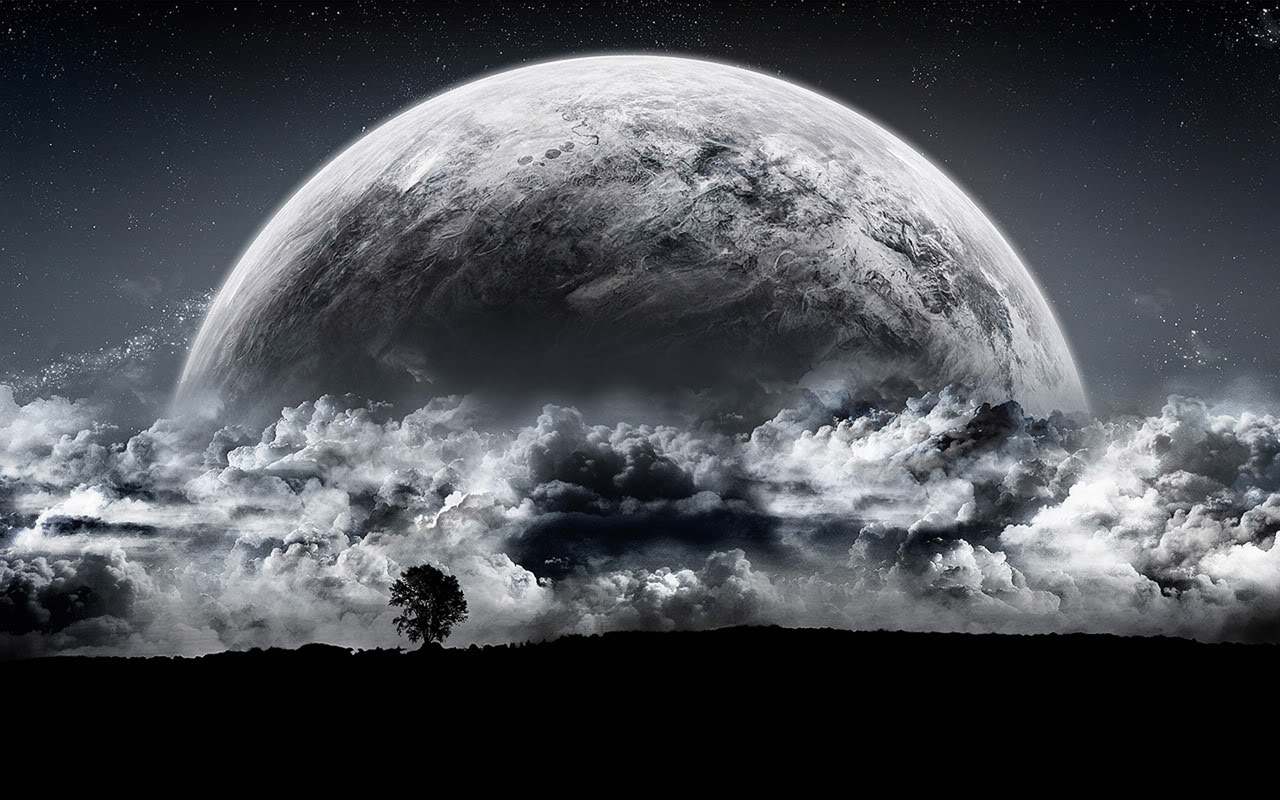This Friday, September 30, there will be what astronomers refer to as a “black moon.”
There are many intriguing moons: the full moon, the super moon, the blue moon, the pink moon, the strawberry moon, the harvest moon, and so many more. None, however, are as intriguing, or mysterious, as the black moon.
This rare moon occurs just once every 32 months, and is set to rise in the Western Hemisphere in just two more days, so you had better prepare for some excellent stargazing.
To understand the beauty of the black moon better, let’s look at its cousin, the new moon. This moon signifies the lunar phase. Here, the Earth-facing side of the moon is in full shadow — void of solar rays to light it up. The black moon refers to the second new moon within a month.
Every month is lucky enough to have one beautifully illuminated full moon, where the sun hits its Earth-facing side. Then there is the rare blue moon, which marks a second full moon occurring in a single month.
The blue moon and the black moon are both very rare, but unlike the blue moon, which is highly visible when it occurs, the black moon, due to its shadowed qualities, is hidden from the naked eye.
Joe Rao explains for Space.com that, while there’s usually one full moon and one new moon every month, every now and then, the lunar cycle doesn’t match up, resulting in several or none of each in a specific month.
“A second full moon in a single calendar month is sometimes called a ‘Blue Moon,’ ” explains Rao. “A Black Moon is supposedly the flip side of a Blue Moon: the second new moon in a single calendar month.”
And while the moon itself will be pretty much invisible, it will, nonetheless, provide an incredible opportunity for stargazing, since there will be a whole lot of darkness happening in the night sky. Also interesting is that, while the sky may be void of a typical mesmerizing full moon, a couple of days later, you’ll be able to start viewing a silver sliver, when the crescent moon begins to grow.
The black moon will occur at 8:11 p.m. ET on Friday, and will only take place in the Western Hemisphere because, technically, the new moon happens on October 1 for the Eastern Hemisphere. This means they’ll be getting their black moon at the end of next month, which just so happens to be among the spookiest times of year — Halloween. Does it get any more ominous than that?
The next time a second new moon in a single calendar month will occur in the Americas will be July 2019, so take advantage of the rare opportunity this year!
Also, if you have the right equipment, you could try to beat the world record for the youngest moon ever photographed, which was set in 2013 by French photographer Thierry Legault, who managed to capture this incredible shot, when the Sun and the Moon were separated by a mere 4.4 degrees.




